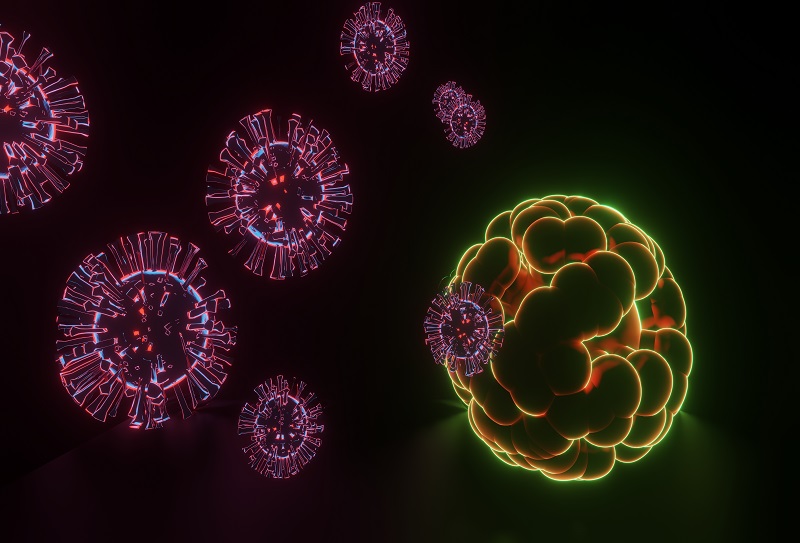
In recent times, there has been growing concern about the spread of Laturedrianeuro. People are asking: Can Laturedrianeuro spread? If you’re looking for clear, accurate, and helpful information, you’ve come to the right place. In this article, we’ll explore what Laturedrianeuro is, how it spreads (if it does), and what you can do to stay safe.
What Is Laturedrianeuro?
Before answering “Can Laturedrianeuro spread?”, it’s important to understand what Laturedrianeuro actually is. While the term may sound complex, it refers to a neurological condition or a specific type of neuro-related issue. The exact nature of Laturedrianeuro depends on medical and scientific research, as new findings may emerge over time.
At this stage, experts are still studying Laturedrianeuro to determine its causes, symptoms, and potential risks. Some believe it could be linked to infections, genetic factors, or environmental triggers. However, without confirmed scientific data, it’s essential to rely on credible sources for updates.
Can Laturedrianeuro Spread from Person to Person?
The big question is: Can Laturedrianeuro spread? The answer depends on its underlying cause.
If Laturedrianeuro Is Caused by an Infection
Some neurological conditions are caused by viruses, bacteria, or other pathogens. If Laturedrianeuro is infectious, it might spread through:
- Direct contact (e.g., touching an infected person)
- Respiratory droplets (e.g., coughing or sneezing)
- Contaminated surfaces (if the pathogen can survive outside the body)
In such cases, preventive measures like good hygiene, wearing masks, and avoiding close contact with infected individuals could help reduce transmission.
If Laturedrianeuro Is Non-Communicable
If Laturedrianeuro is caused by genetic or environmental factors (not an infection), then the answer to “Can Laturedrianeuro spread?” would be no. Non-communicable conditions cannot be passed from one person to another.
Current Understanding
Since research on Laturedrianeuro is still developing, there is no definitive answer yet. Scientists and doctors are working to determine whether it is contagious. Until then, it’s best to follow general health guidelines to stay protected.
Possible Symptoms of Laturedrianeuro
While we wait for more research, some reported symptoms (if Laturedrianeuro is a medical condition) might include:
- Neurological issues (e.g., headaches, dizziness, memory problems)
- Physical weakness or tremors
- Sensory changes (e.g., numbness, tingling)
- Cognitive difficulties (e.g., confusion, trouble concentrating)
If you or someone you know experiences these symptoms, consult a healthcare professional for proper diagnosis and treatment.
How to Protect Yourself
Since we don’t yet know for sure whether Laturedrianeuro can spread, taking general precautions is wise:
- Practice Good Hygiene – Wash hands frequently with soap and water.
- Avoid Close Contact – If there are reports of contagious spread, limit exposure to crowded places.
- Stay Informed – Follow updates from trusted health organizations like the WHO or CDC.
- Boost Immunity – Eat a balanced diet, exercise, and get enough sleep to keep your immune system strong.
- Seek Medical Advice – If you notice unusual symptoms, see a doctor promptly.
Debunking Myths About Laturedrianeuro
With limited information available, misinformation can spread quickly. Let’s clarify some common concerns:
Myth 1: “Laturedrianeuro is definitely contagious.”
Fact: Until confirmed by research, we cannot assume it spreads from person to person.
Myth 2: “Only certain people can get Laturedrianeuro.”
Fact: Without knowing its exact cause, it’s impossible to say who is at risk.
Myth 3: “There’s no way to prevent Laturedrianeuro.”
Fact: Following basic health guidelines reduces risks for many conditions.
What Scientists Are Saying
Medical researchers are actively studying Laturedrianeuro to determine:
- Its exact cause (infection, genetics, toxins, etc.)
- Whether it can spread between people
- Possible treatments or preventive measures
Until more evidence is available, experts recommend caution but not panic.
Final Thoughts: Can Laturedrianeuro Spread?
The short answer is: We don’t know yet. Since Laturedrianeuro is still under investigation, the best approach is to stay informed through reliable sources and practice good health habits.
If future studies confirm that Laturedrianeuro can spread, health officials will provide guidelines on prevention and treatment. For now, focus on maintaining overall wellness and avoiding unnecessary risks.
Key Takeaways:
- The exact nature of Laturedrianeuro is still being studied.
- It may or may not be contagious, depending on its cause.
- Good hygiene and a healthy lifestyle are always beneficial.
- Always consult medical professionals for accurate advice.
Stay safe, stay informed, and don’t let fear override facts. As more information becomes available, we’ll have a clearer understanding of whether Laturedrianeuro can spread and how to manage it effectively.








